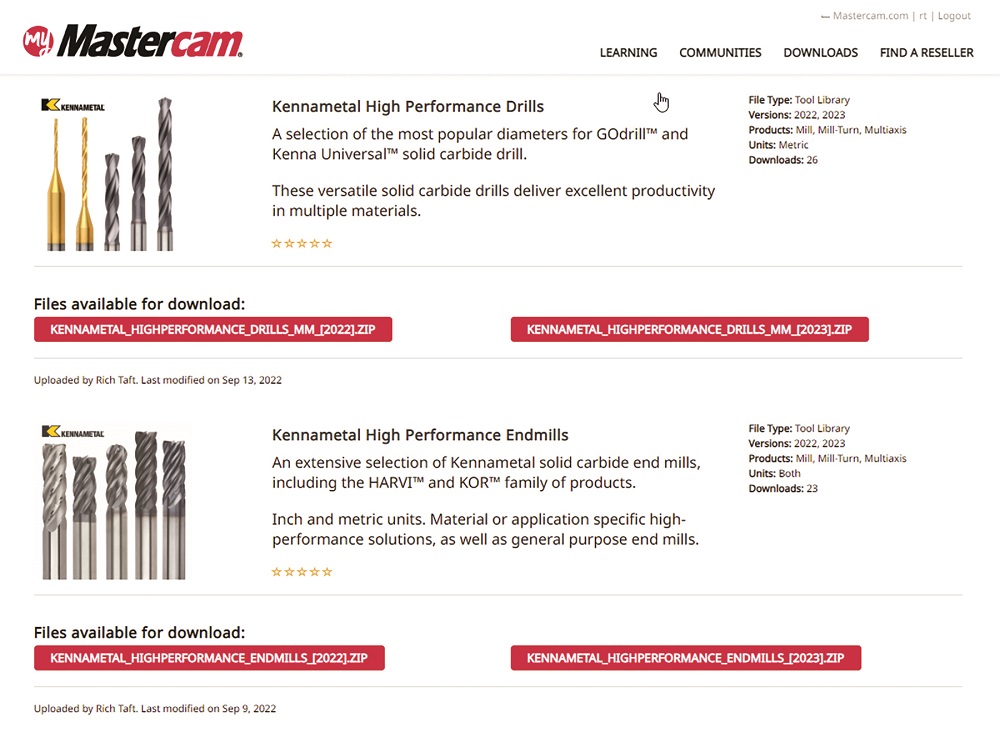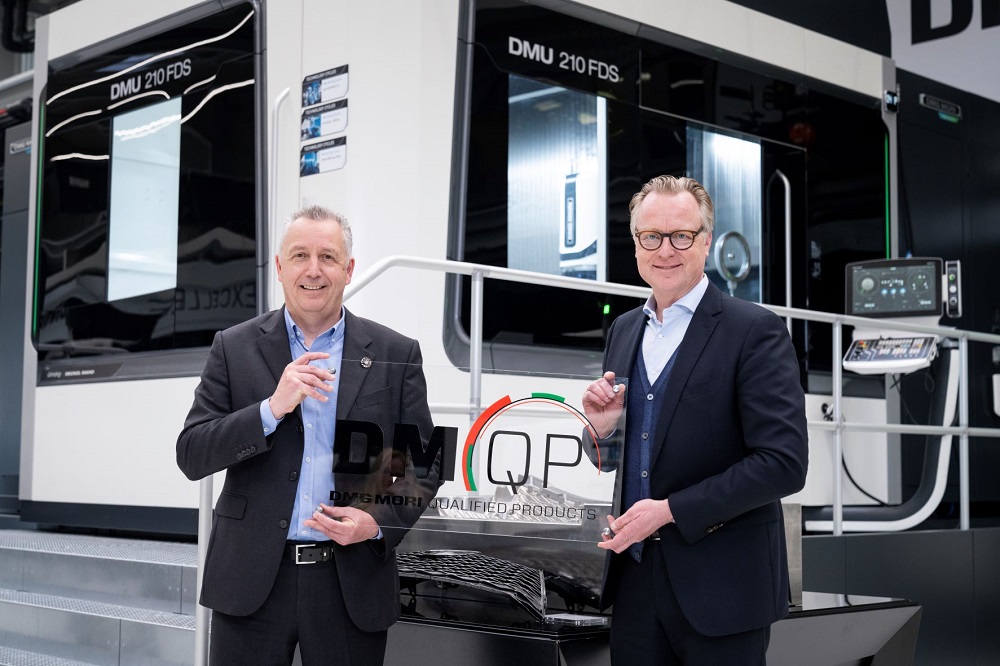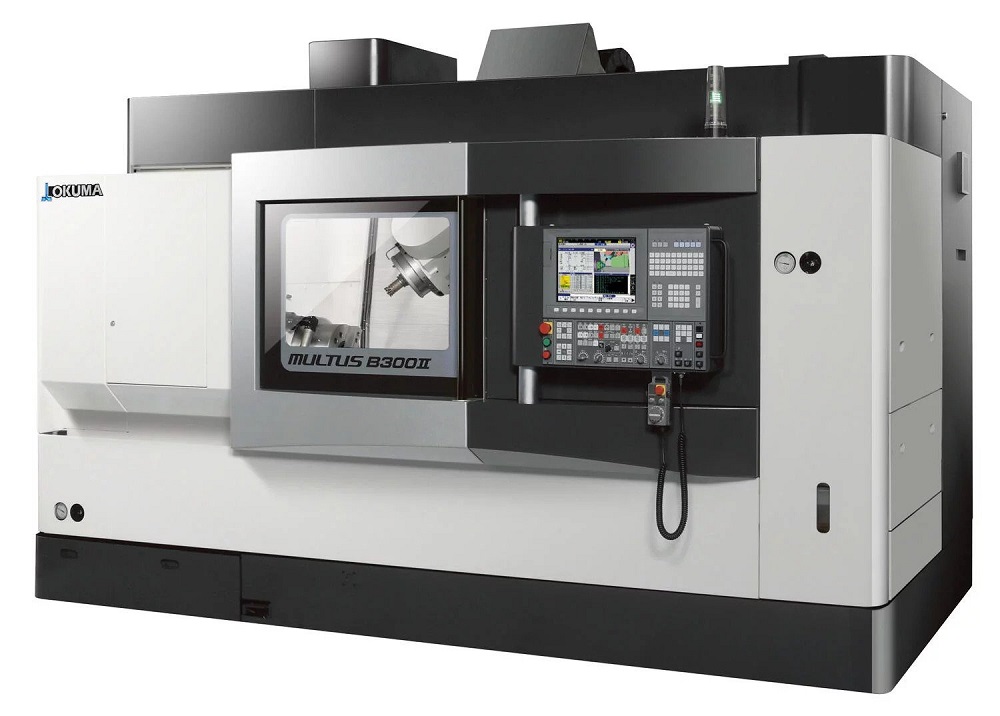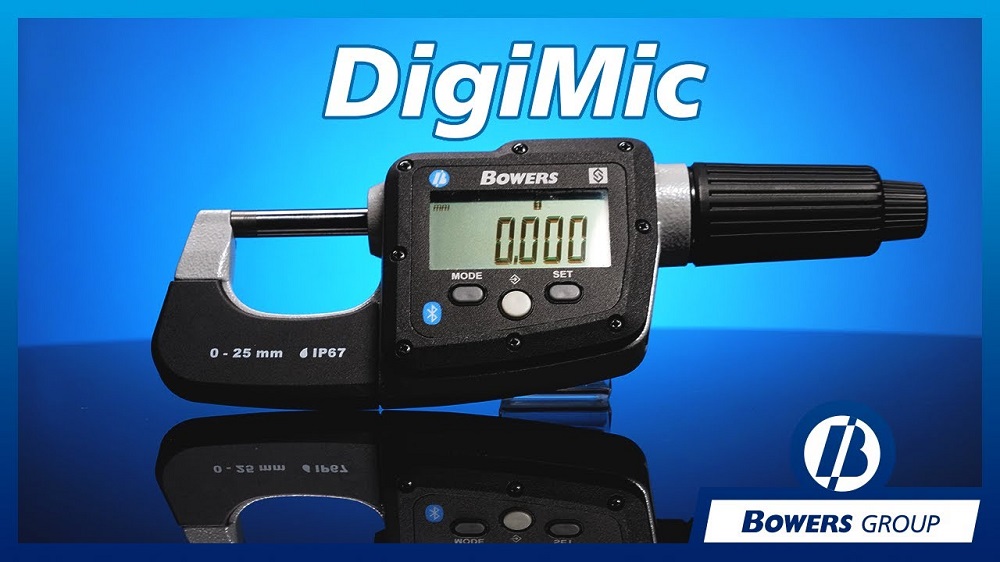At Control 2023 (Stuttgart, 9-12 May), Bowers Group will shine the spotlight on its quality control and connective metrology solutions (hall 9, stand 9106).Visitors can expect live product demonstrations to illustrate how effective data transfer between measurement equipment and applications can boost manufacturing productivity.
On display will be a range of Bluetooth-enabled hand tools and height gauges working in conjunction with Sylvac’s Sylcom software, showing how connectivity can improve efficiencies and reduce errors. Notably, visitors will have the chance to see Bowers’ Made in Britain registered, digital external micrometer, DigiMic, which features advanced, built-in Bluetooth connectivity. Offering quick, simple, and highly accurate measurements, the DigiMic can easily integrate into any Industry 4.0/SPC system.
Bowers Group’s Baty-branded Venture XT is a highly flexible multi-sensor vision system and will also be on the stand, demonstrating the latest Fusion Software release featuring lens error mapping and offline vision/touch-probe programming from CAD. The combination of contact and non-contact measurements in the same automated inspection, combined with ease of use and graphical reporting, make the Venture XT a cost-effective measurement solution for both production cells and QC labs alike.
Bowers Group will also showcase its oldest brand, Moore & Wright, a range of handheld metrology instruments that includes micrometers, calipers, indicators, height gauges and general workshop measurement tools.
Bowers Group export sales director Richard Grocott says: “Once again, we look forward to exhibiting at the Control exhibition and the opportunity to meet with so many of our customers and valued distribution partners. “Control week” is such an important event in our calendar, enabling Bowers Group to showcase our measurement technologies, which are designed to assist a wide range of manufacturers.”
For further information www.bowersgroup.co.uk



















